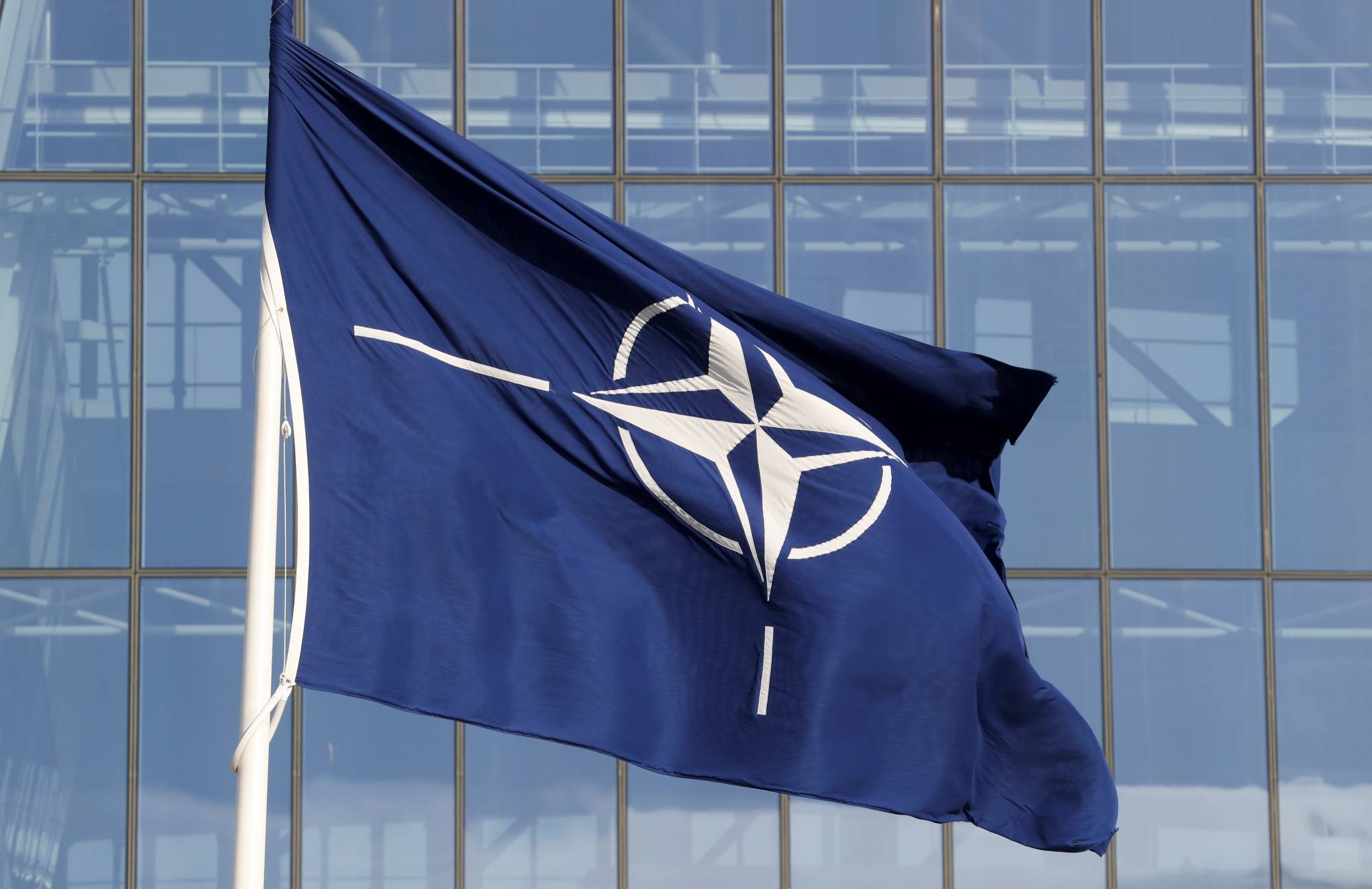NATO military chiefs met in Brussels to discuss the war in Ukraine, with the alliance’s forthcoming strategic concept being a top priority — an issue that will shape its priorities for years to come. And here, Russia’s behavior has demonstrated that re-establishing deterrence must play a central role.
When Russia began amassing troops on Ukraine’s border late last year, it embarked on a path of aggression against not just Ukraine but also what it calls the “collective West,” particularly the European Union and NATO. Russia was seeking to deter Ukraine and the West from increased collaboration, while the West was seeking to deter Russia from aggression. The subsequent invasion stems from a massive failure of deterrence.
The Ukrainians have marshaled an impressive defense, and the EU, NATO and other Western partners and allies have continued to tighten economic and financial sanctions and provide aid. But we are in a dangerous cycle of escalation. The situation demands credible deterrence that goes far beyond the traditional “nuclear umbrella.”


















With your current subscription plan you can comment on stories. However, before writing your first comment, please create a display name in the Profile section of your subscriber account page.